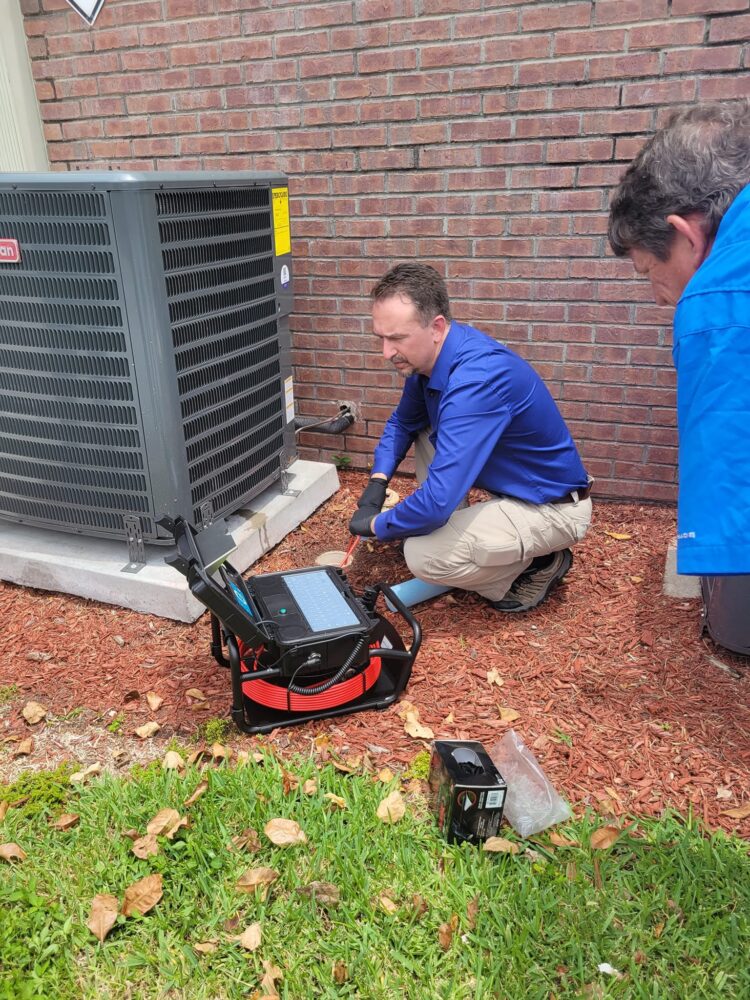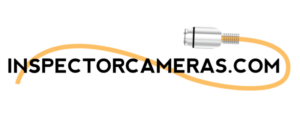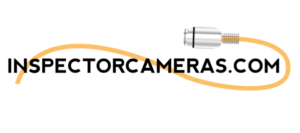
This article with cover how plumbers or home inspectors can prioritize safety on the job. As professionals working in dynamic environments, it’s crucial to implement top safety practices to protect yourself and those around you. From understanding potential risks to utilizing personal protective equipment (PPE) and embracing technology, this blog will provide valuable insights on how you can enhance your safety measures. Let’s dive in and explore the essential tips that can keep you safe while excelling in your field.
Understanding the Risks
Plumbers and home inspectors face various risks in their line of work. One of the most common dangers is exposure to hazardous materials such as mold, asbestos, or lead pipes. These substances can pose serious health risks if proper precautions are not taken.
Additionally, working in confined spaces like crawl spaces or attics can increase the risk of accidents or injuries. Slippery surfaces, sharp objects, and electrical hazards are also potential threats that plumbers and home inspectors need to be aware of and mitigate.
Moreover, dealing with faulty plumbing systems or structural issues can result in unexpected emergencies such as floods or collapses. It’s crucial for professionals in these fields to have a thorough understanding of these risks and implement safety measures to protect themselves and others around them.
By staying informed about potential hazards and consistently following safety protocols, plumbers and home inspectors can minimize the likelihood of accidents occurring on the job.
To mitigate the risks mentioned above, plumbers and home inspectors should follow safety guidelines and protocols at all times. This includes wearing appropriate personal protective equipment (PPE) such as gloves, masks, and goggles, as well as using proper tools and equipment for the job.
It’s also essential to regularly check and maintain your tools and equipment to ensure they are in good working condition. This will help prevent accidents caused by faulty or malfunctioning equipment.
When working in confined spaces, make sure to have proper ventilation and lighting. It’s also recommended to have a partner present when entering these spaces for added safety.
In addition, plumbers and home inspectors should stay up-to-date on training related to handling hazardous materials. This can include courses on asbestos abatement or lead paint removal. It’s crucial to know how to properly identify and handle these substances to avoid exposure.
Lastly, communication is key when it comes to mitigating risks. Plumbers and home inspectors should make sure to communicate any potential hazards or concerns with their clients before starting work. This will help ensure everyone involved is aware of potential dangers and that necessary precautions can be taken.
Personal Protective Equipment (PPE)
As a home inspector, it’s crucial to prioritize your safety while on the job. Personal Protective Equipment (PPE) plays a key role in keeping you safe from potential hazards during inspections.
Wearing the appropriate PPE can significantly reduce the risk of injury or exposure to harmful substances. Items such as gloves, goggles, respirators, and steel-toed boots are essential for protecting yourself in different situations.
Before starting any inspection, make sure your PPE is in good condition and fits properly. This ensures maximum protection against unforeseen dangers that may arise during the assessment process.
Remember that not all hazards are visible to the naked eye; therefore, wearing PPE at all times is non-negotiable for your safety. By investing in quality protective gear and using it consistently, you demonstrate a commitment to maintaining high safety standards in your profession.
Additionally, make sure to regularly clean and replace your PPE as needed. This will help ensure that your gear remains effective in protecting you from potential hazards.
In summary, always prioritize safety by wearing appropriate PPE during inspections. This will not only keep you safe but also instill confidence in your clients that you take their well-being seriously.
Safe Work Practices
When it comes to safe work practices for home inspectors, there are several important measures that should always be taken into consideration. One key aspect is maintaining proper ergonomics during inspections to prevent strain or injury. This includes using tools with ergonomic designs and taking regular breaks to avoid fatigue.
Additionally, ensuring a clutter-free work area can help minimize tripping hazards and accidents during inspections. It’s also crucial to always have a clear understanding of the property layout and potential safety risks before starting any inspection.
Another essential practice is to communicate effectively with clients about any safety concerns or precautions they need to be aware of during the inspection process. This helps create a safe environment for both the inspector and the client.
Staying up-to-date on industry best practices and regulations is vital for maintaining a high level of safety awareness in all aspects of home inspections.
Personal Protective Equipment (PPE) should also be utilized when necessary. This may include items such as safety glasses, gloves, and a face mask to protect against potential hazards like mold or dust.
Lastly, it’s crucial for home inspectors to have proper training and certification in their field to ensure they are knowledgeable about safety protocols and procedures. Regularly attending continuing education courses can also help inspectors stay current on any changes or updates in safety practices within the industry.
Technology and Safety
In today’s digital age, technology plays a crucial role in enhancing safety practices for home inspectors. Utilizing innovative tools such as thermal imaging cameras can help detect hidden issues like water leaks or electrical hotspots without causing damage to the property.
Drones are also becoming increasingly popular in the industry, allowing inspectors to access hard-to-reach areas of a property safely and efficiently. This not only improves inspection accuracy but also minimizes potential risks associated with climbing ladders or navigating through confined spaces.
Moreover, mobile apps and software systems enable inspectors to streamline their workflow, organize data more effectively, and generate comprehensive reports for clients. By leveraging these technological advancements, home inspectors can enhance their productivity while maintaining high standards of safety throughout each inspection process.
Emergency Preparedness and Response
Emergencies can happen unexpectedly in the plumbing and home inspection industries, so being prepared is crucial. Having a well-thought-out emergency response plan in place can help mitigate risks and ensure everyone’s safety.
It’s important for plumbers and home inspectors to identify potential emergencies that could arise during their work, such as gas leaks, electrical hazards, or structural issues. By recognizing these risks beforehand, professionals can take proactive measures to prevent accidents from happening.
Training employees on how to respond appropriately during emergencies is essential. Conducting regular drills and providing clear instructions on evacuation procedures can make a significant difference in ensuring everyone knows what to do in case of an emergency.
Additionally, having easy access to emergency contacts, first aid kits, fire extinguishers, and other necessary resources on-site can be lifesaving. Being prepared for the unexpected is not only responsible but also shows professionalism in your field of expertise.
In case of a major disaster or emergency, having a communication plan in place is crucial. This can involve setting up a designated meeting point for employees and clients, as well as establishing a system for communicating updates and instructions.
Finally, staying informed about potential emergencies in your area, such as severe weather events or natural disasters, can also help you prepare and respond accordingly. This may involve regularly checking weather forecasts and keeping emergency supplies stocked and readily available.
Overall, being prepared for emergencies is an essential aspect of running a successful plumbing or home inspection business. By taking precautionary measures and having a well-developed emergency response plan, professionals can ensure the safety of their team and clients while maintaining their reputation as reliable and responsible service providers.
Conclusion
Safety should always be a top priority for plumbers and home inspectors. By understanding the risks involved, wearing appropriate personal protective equipment, following safe work practices, utilizing technology to enhance safety measures, and being prepared for emergencies, professionals in these fields can protect themselves and provide better service to their clients. Remember that investing in safety not only protects your well-being but also enhances your reputation as a reliable and responsible professional. Stay safe out there!


